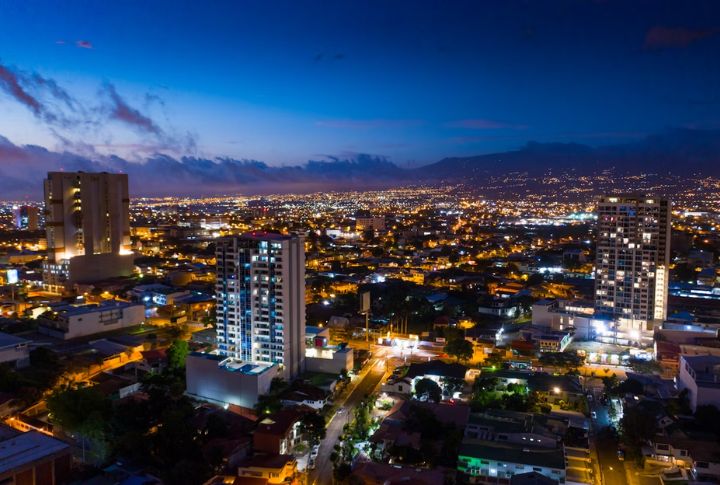
Costa Rica is viewed as a peaceful and inviting escape. With its friendly locals and natural beauty, it’s often at the top of the list for Americans looking to start fresh abroad. However, for some, the experience proves to be more challenging than expected. Here’s why some Americans ultimately decide Costa Rica isn’t the right fit.
The Cost Of Living Is Higher Than Expected
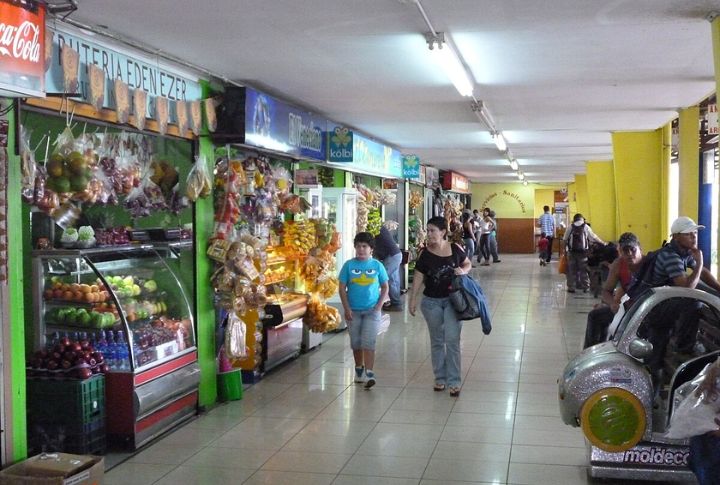
Many newcomers are surprised by how expensive daily life can be. Varied expenses can quickly add up, especially in popular towns. Imported goods carry steep markups, and even a basic night out can feel overpriced. The overall budget required to live comfortably is often underestimated.
Finding Legal Work Is Difficult

Costa Rica’s labor laws are designed to protect local workers. As a result, it’s hard for foreigners to get permission to work unless they have residency or special qualifications. Many Americans rely on remote income or personal savings. Starting a business is possible, but the paperwork and procedures can be overwhelming for newcomers.
Crime In Certain Areas Feels Unsettling

While Costa Rica is still safer than many neighboring countries, crime is a growing concern. Some regions have seen an increase in theft and violence, especially in urban or less-policed areas. Expats now take extra precautions, such as installing alarm systems or moving to gated communities, to feel more secure.
Healthcare Access Isn’t Always Simple

Public healthcare is available, but long wait times and limited availability in certain areas often lead expats to use private clinics. The quality of care is good, but private services can be expensive. Moreover, only a limited number of insurance plans are accepted. Those with ongoing health needs sometimes travel back to the U.S. for treatment.
Language And Culture Can Be Tough To Adjust To

Daily interactions can become stressful for those who don’t speak fluent Spanish. Setting up bank accounts or handling home repairs is complicated when you don’t understand the language. Cultural differences, especially in how businesses operate and how time is perceived, also require some adjustment.
Being Far From Family Takes An Emotional Toll
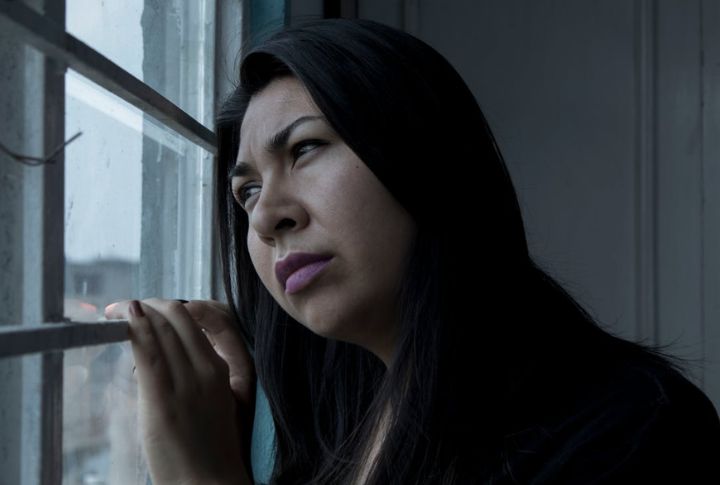
Many people move to Costa Rica for a change of pace, but later find they miss important moments with loved ones back home. Although phone calls and video chats help, they don’t replace being present. Some expats feel disconnected during holidays or special occasions and eventually return to be closer to their support system.
Life Isn’t Always As Easy As It Looks Online

Social media often portrays Costa Rica as a perfect escape. However, everyday life can include power outages and poor internet access in the digital age, which can be unaffordable. The rainy season brings in challenges, and living near nature can mean dealing with bugs and mold that might affect your health.
Immigration Is A Complicated Process
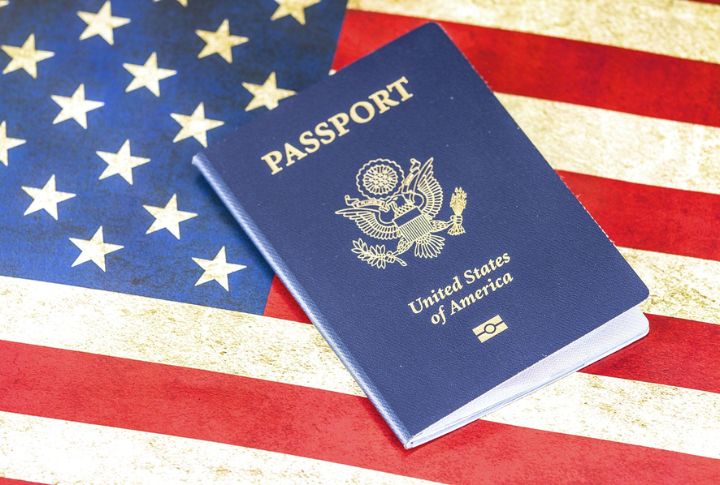
Getting residency isn’t quick or straightforward. Rules change sometimes, and processing can be long. Some expats choose to stay on tourist visas and leave the country periodically to reset their status. Others begin the residency process only to give up halfway due to the amount of paperwork and the cost involved.
Climate Extremes And Natural Hazards
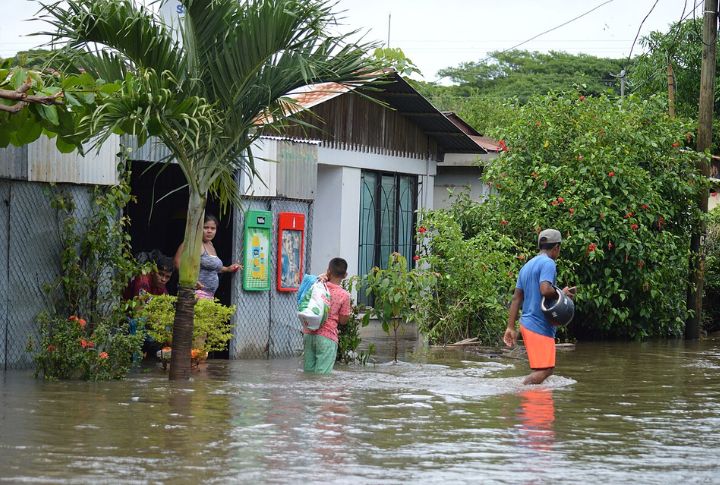
Costa Rica’s climate can be a challenge for some newcomers. The humidity is intense, especially in coastal areas, and the rainy season brings long stretches of wet weather. In more remote regions, flooding and landslides are common during heavy storms. For those coming from drier, milder climates, this sudden change can affect both comfort and health.
Social Isolation And Expat Community Negativity

Some expats may face loneliness or tension. It can take time to build connections with the locals, especially if you’re not fluent in the local language. Small towns may be close-knit and not always open to newcomers. If you’re used to an active social life, the limited opportunities for connection can affect your sense of belonging.

